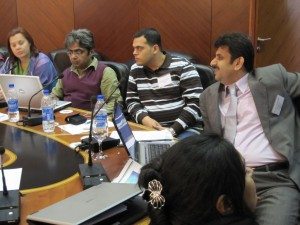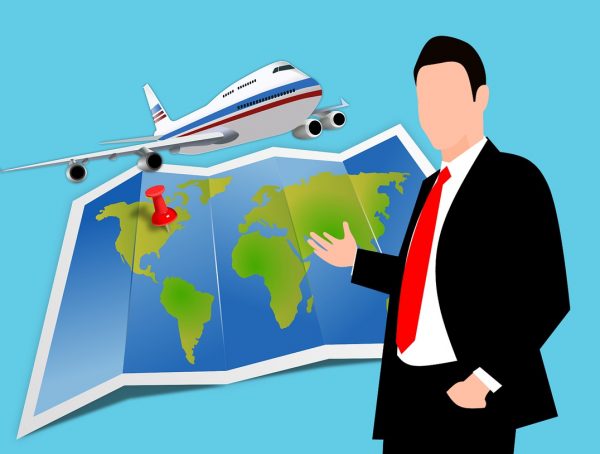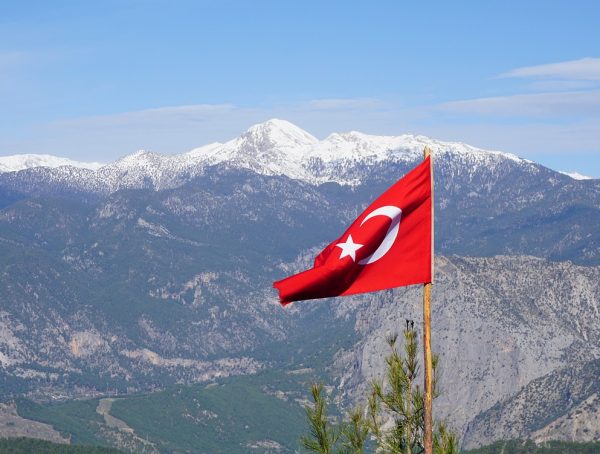 The old stereotype about bloggers being guys in pajamas in their basements ranting on the Web surely has been laid to rest. But what we think we know about the blogosphere depends a lot on where we are. That’s one of the things that struck me at a conference I attended last week in Alexandria, Egypt, on freedom of expression in the digital age.
The old stereotype about bloggers being guys in pajamas in their basements ranting on the Web surely has been laid to rest. But what we think we know about the blogosphere depends a lot on where we are. That’s one of the things that struck me at a conference I attended last week in Alexandria, Egypt, on freedom of expression in the digital age.
Some Western participants worried about the credibility of anonymous blogs and the vitriol they often spread. But participants from majority-Muslim countries like Indonesia, Pakistan and Egypt saw the blogosphere as a “safe space” for debate and discussion. Topics you can’t even discuss in person are all over the Internet, said one participant from Jakarta. An entry on the conference site by a group of participants noted that blogging “increases the number of voices in the public debate”:
Blogging…is certainly important because in societies where there is not much freedom of expression, opinion allows more voices to enter the public arena and allows more people to see a side of reality that is not seen by the mainstream media. Provocative statements and insights often raise questions and start debates that can lead to positive change.
Of course, the cloak of anonymity has also made it possible for radical Islamic and right-wing groups to use the Internet to advocate violence. But Egyptian columnist Mona Eltahawy told the conference that Muslims are also using blogs, Facebook and Twitter to challenge authority and bring up issues the mainstream media can’t. In a piece she produced for Time.com, Eltahawy argues that the Internet has actually dealt a blow to radical violence by giving anyone online the chance to answer back.
Western and Muslim participants differed sharply on the ethical standards that should apply to journalists who blog or use social media. One Muslim participant said it’s a good thing for journalists to express opinions on their blogs; if they do, he said, they’ll be less tempted to editorialize in their news coverage. And the concept of a news organization setting policies for their journalists’ use of social media rubbed some Muslim participants the wrong way. “They have no right,” said one, “unless I abuse the platform I work on.”
Blogging and social media use is growing in the Muslim world, but limited access may mean they have limited influence. Indonesia, the largest Muslim-majority country in the world, has 200 million people but few of them can get online. In Pakistan, one participant said, most blogs are in English and most Pakistanis can’t read them. Some participants doubted that blogs can act as a tool of social change across cultures. “They remain a great way of gathering opinion leaders and fostering debates in the circles of elites,” one group wrote on the conference blog, “but as mainstream dialogue with the capacity to reach out to grassroots there may be quite some way to go.”








